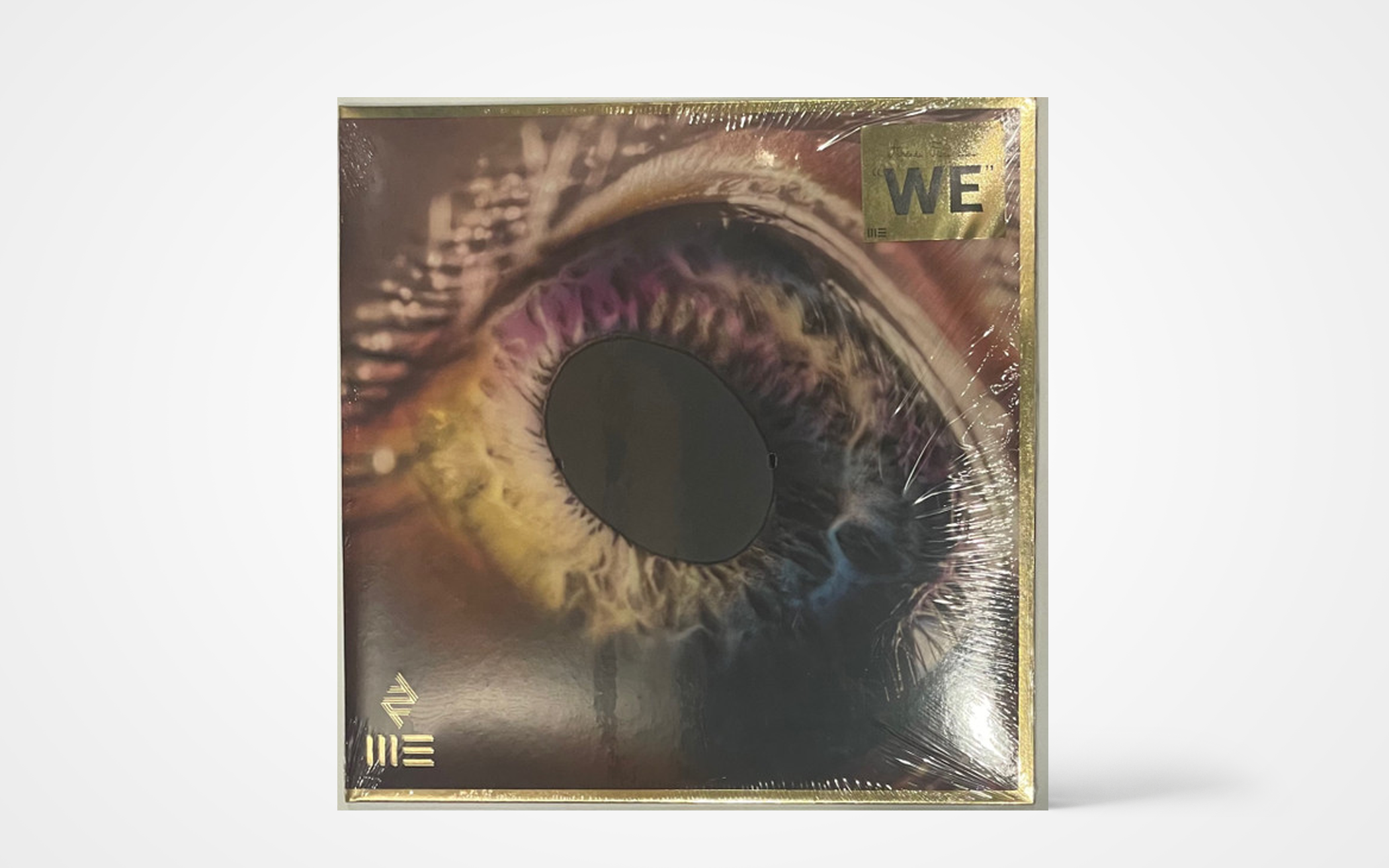The last time we heard from indie-rock megastars Arcade Fire, something felt off. After capturing the hearts and minds of a generation of indie-rock fans with art-student eccentricity, millennial malaise, and festival-sized ambition on records like 2004’s Funeral and 2010’s The Suburbs, the band released Everything Now in 2017 to little enthusiasm. On paper, Everything Now’s big songs about humanity’s dependence on technology had all the ingredients of a successful Arcade Fire album. But instead of the heart-on-sleeve approach crucial to their best work, the band presented the album’s broad critiques in a sarcastic and condescending tone. Arcade Fire songs had always invited listeners in, but on Everything Now the band positioned themselves above it all, practically thumbing their noses at listeners and their silly little smart phones.
It’s no accident that the title to Everything Now’s follow up is WE. This title, and the album it denotes, is a far more open enterprise, framing broad feelings of fear and numbness in the face of societal decline into something personal and relatable. Lead vocalist Win Butler, who shares the primary writing duties with his wife Régine Chassagne, ensures he’s very much a part of everything he sings about on WE. The album’s biggest and most harrowing ideas are introduced through a first-person perspective, as when the narrator of the song “End of Empire I” admires the beauty of the moon over the ocean “where California used to be.” The moment feels tender in the context of the album while also Trojan-horsing pure horror when the listener contemplates what lies between our now and the song’s near-future when sea levels have risen and parts of our world are nothing but memories. WE is full of such theatrical moments, where the text of a song is given new meaning by the performance and conceptual sleight of hand. Even when Butler is using trite words of the moment like “unsubscribe” while detaching himself from the need to see “season 5,” it lands with consequence because he sings it like he means it.
One of the greatest musical strengths of WE is its comfort with being quiet. Arcade Fire has always been a maximalist band, filling songs to the brim with percussion, orchestration, and chants. There’s plenty of that here, but it hits so much harder because of the contrast to the album’s barest moments, where there is little more than Butler and a piano patiently setting the stage. Nothing on this album sounds cynical or sarcastic, and instead the band leans harder into the influence of titans of operatic rock like David Bowie and The Beatles while also bringing in a more direct influence from Bruce Springsteen in the album’s most euphoric entries (“The Lightning” parts I and II).
WE is a direct and open-handed rock album about how it feels to be a living, breathing, loving human when the world around you is crumbling. It details despair while reaching for hope, remaining resolute and unembarrassed in the things it feels along the way. Surprisingly for all the album’s theatricality, it is also the band’s shortest at just over 40 minutes—WE speaks to the earth-rattling concerns on the minds of many people in 2022, without ever puffing itself up as more important than the concerns themselves. Unlike its predecessor, WE recognizes that being human is ultimately something to celebrate rather than to scold.
About the Author
Jordan Petersen Kamp graduated from Calvin University in 2017. He now works as an auditor and writes freelance as often as he can. He attends Sherman St Church in Grand Rapids, Mich.

